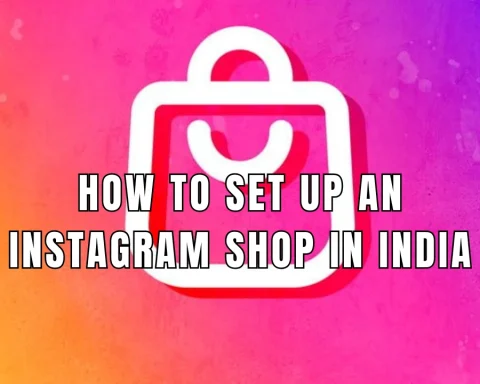According to a recent study by the Content Marketing Institute, three out of four marketers rate themselves as either extremely or moderately successful in content marketing. But what does content marketing success really mean? Ultimately, it means creating a strategy that attracts and retains a targeted audience while driving profitable actions over time.
If your content marketing isn’t delivering the results you want, it may be time to refine your process. In this guide, we’ll break down what a content marketing process is, why it’s essential, and how you can build a process that consistently produces high-quality, SEO-friendly content.
What Is a Content Marketing Process?
A content marketing process is a systematic plan that takes your content from the initial idea to final execution. Instead of creating content randomly, you follow an organized approach that ensures every piece is crafted with a clear purpose.
Two key deliverables of this process are:
- Goals: Define the objectives for each content piece—whether it’s building brand awareness, generating leads, or driving conversions. Establish key performance indicators (KPIs) to track success. Learn more about setting effective KPIs in HubSpot’s Marketing Guide.
- Target Audience: Understand who you’re writing for. Research demographics, interests, and search behaviors to craft content that truly resonates. For more insights into audience research, check out Moz’s Beginner’s Guide to SEO.
Why Is an Effective Content Marketing Process Important?
A well-defined content marketing process helps you:
- Improve SEO Results:
Evergreen and well-optimized content stays relevant, drives organic traffic, and improves your Google rankings. Avoid duplicate content issues by referring to Moz’s Duplicate Content Guide. - Build Trust and Authority:
Consistently delivering valuable, well-researched content helps establish your brand as an industry authority. When readers find high-quality, timeless content on your website, they are more likely to return. - Drive Consistent Traffic:
Evergreen content provides ongoing organic traffic as it remains relevant over time. By balancing trending topics with evergreen content, you ensure both short-term wins and long-term growth. - Optimize Resource Allocation:
A structured process helps you plan, create, and repurpose content efficiently, ensuring that every piece contributes to your overall strategy.
How to Create an Effective Content Marketing Process
Here are the essential steps to build your content marketing process:
1. Define Clear Goals
- Set Specific Objectives: Determine if you want to increase brand awareness, boost engagement, or drive sales.
- Establish KPIs: Identify measurable indicators to track performance over time.
- Avoid Duplication: Ensure that each piece of content is unique to prevent internal competition and duplicate content penalties.
- Outbound Link: For more on avoiding duplicate content, read Moz’s Duplicate Content Guide.
2. Research Your Target Audience
- Identify Demographics and Interests: Use surveys, analytics tools, and competitor research to understand your audience.
- Analyze Search Behaviors: Discover what phrases and topics your audience is searching for using tools like Google Keyword Planner.
- Create Buyer Personas: Develop detailed personas to tailor your content strategy effectively.
3. Choose the Right Content Formats
- Listicles, How-Tos, and Step-by-Step Guides: These formats are engaging and easy to update.
- Case Studies and Tutorials: Provide in-depth analysis and real-life examples that add long-term value.
- Visual Content: Include videos and infographics to appeal to visual learners.
- To learn more about evergreen content formats, check out our guide on How to Create Evergreen Content for Better Google Rankings.
4. Repurpose and Update Content
- Repurpose Across Channels: Share your content on social media, email newsletters, and other platforms to maximize reach.
- Schedule Regular Updates: Keep your content fresh and relevant by revisiting and updating older posts periodically.
Frequently Asked Questions (FAQ)
Q1: What exactly is a content marketing process?
A: It’s a structured strategy that takes content from ideation through creation and distribution, ensuring each piece meets specific goals and resonates with your target audience.
Q2: How do I determine which topics are evergreen?
A: Evergreen topics are those that remain relevant over time. They usually cover timeless subjects like health, finance, or basic how-to guides rather than fleeting trends.
Q3: How often should I update my evergreen content?
A: Aim to review and refresh your evergreen content at least once a year to maintain accuracy and SEO value.
Q4: What are some tools I can use for keyword research and audience analysis?
A: Tools like Google Keyword Planner, SEMrush, and Moz are excellent for discovering relevant keywords and understanding search trends.
Q5: Why is it important to avoid duplicate content?
A: Duplicate content can harm your SEO by causing search engines to split ranking signals between pages. For more details, refer to Moz’s Duplicate Content Guide.
Conclusion
Building a powerful content marketing process is essential for long-term SEO success. By defining clear goals, understanding your target audience, choosing effective formats, and continuously updating your content, you can create a strategy that drives consistent traffic and builds brand authority. Start developing your process today, and watch your Google rankings improve over time.





